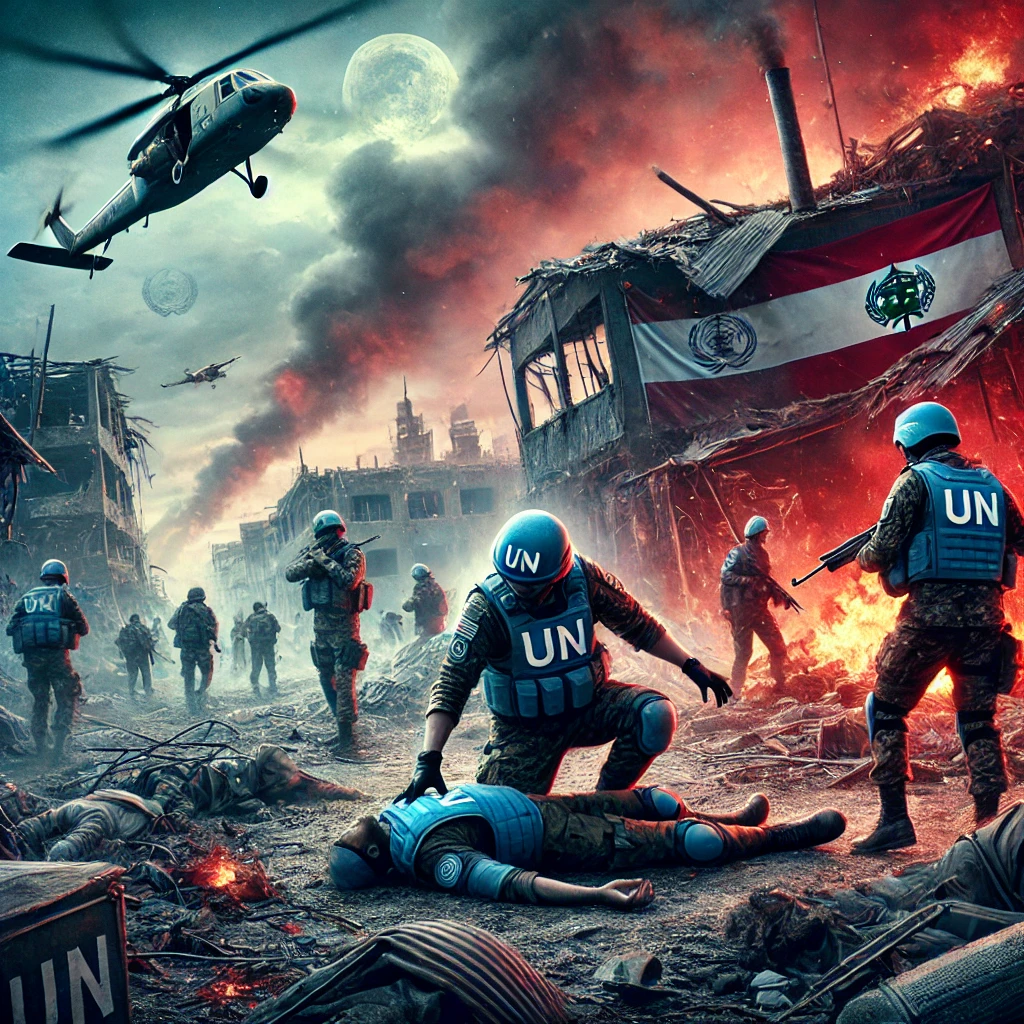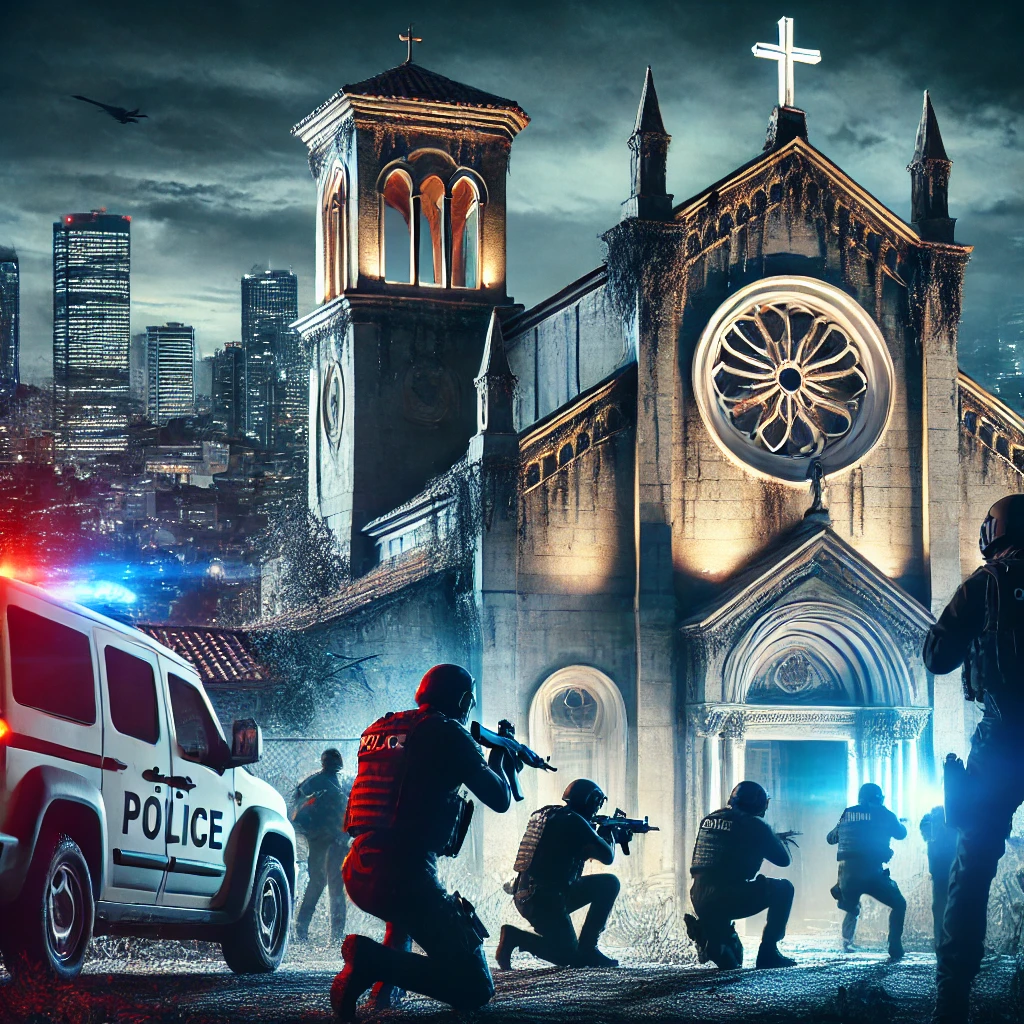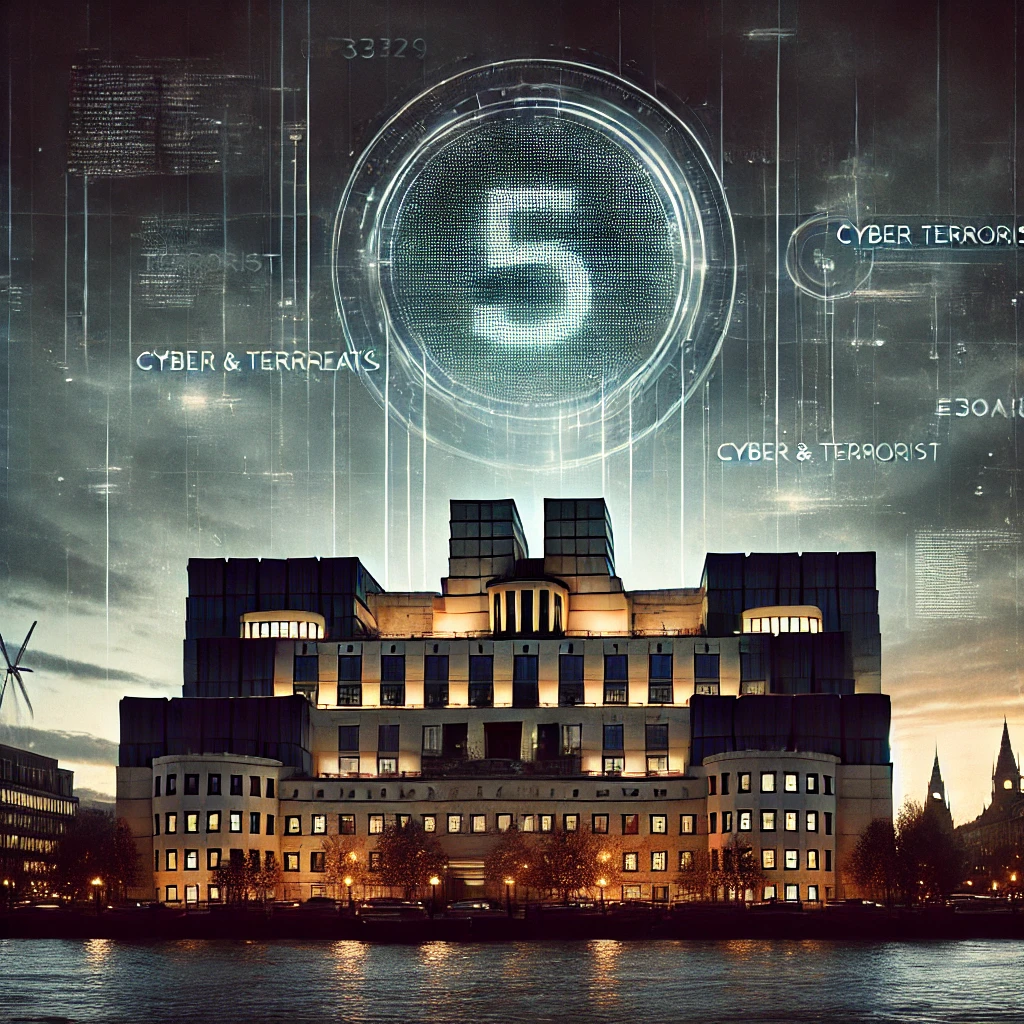Israel’s recent military actions have drawn international condemnation following an incident where Israeli forces fired upon UN peacekeepers in Lebanon. The attack, which marked the second such event in two days, left two Sri Lankan peacekeepers injured and has led to calls for immediate investigations. Israel’s response has been met with significant diplomatic backlash, particularly during the observance of Yom Kippur, the holiest day in the Jewish calendar.
On Friday, as Yom Kippur began at sundown, the Israeli military acknowledged the incident, describing it as a response to an “immediate threat” near a UNIFIL (United Nations Interim Force in Lebanon) position. The attack occurred approximately 50 metres from the peacekeepers’ post. UN Secretary-General António Guterres strongly condemned the incident, labelling it “intolerable” and a breach of international humanitarian law. The peacekeeping mission has seen increasing tensions due to Israel’s ongoing military campaign against Hezbollah in southern Lebanon.
Mounting Criticism from International Leaders
Several world leaders have voiced their outrage over the recent escalations. US President Joe Biden urged Israel to cease its actions against UN personnel, while French President Emmanuel Macron joined other European leaders in expressing deep concern. Macron reiterated his demand for an immediate cessation of arms exports to Israel, noting that peacekeepers were deliberately targeted. These diplomatic pressures have amplified calls for a comprehensive review of Israel’s military engagements in the region, with some governments warning of serious consequences for further violations.
In response, the Israeli military has promised to conduct a thorough investigation into the incident. However, the Irish military chief, Sean Clancy, cast doubt on Israel’s justification, suggesting that the attack on UN personnel could not be accidental given its proximity to peacekeeper positions.
Hezbollah’s Continued Involvement
Meanwhile, Hezbollah, the Iranian-backed militant group operating in Lebanon, has heightened its warnings to Israeli citizens living near military sites in the north of the country. Hezbollah accuses Israel of using residential areas for military purposes, leading to increased civilian casualties. The group’s rocket attacks on northern Israel have intensified, triggering sirens and further heightening tensions.
As Israel-Hezbollah clashes continue, Israeli warplanes have conducted air strikes targeting Hezbollah strongholds in southern Lebanon. These strikes have caused significant destruction in civilian areas as well, exacerbating the humanitarian crisis in the region.
Diplomatic Push for a Ceasefire
Lebanese Prime Minister Najib Mikati has urged the United Nations Security Council to issue a new resolution demanding an immediate ceasefire. Despite international pressure, ceasefire efforts in Lebanon and Gaza have thus far been unsuccessful. The Lebanese government continues to advocate for a broader deployment of peacekeeping forces, in line with UN Resolution 1701, which calls for the Lebanese military to take control of the country’s southern region.
US Special Envoy Amos Hochstein confirmed that diplomatic efforts are ongoing, with Washington pushing for a comprehensive end to hostilities. However, Lebanon’s military has reported continued Israeli strikes, which have resulted in the deaths of several soldiers and further destabilisation of the region.
Destruction in Beirut
The impact of the conflict is being felt across Lebanon. In Beirut, residents in areas hit by Israeli airstrikes are struggling to recover. On Thursday night, twin airstrikes devastated central parts of the capital, killing 22 people, according to the Lebanese health ministry. Locals, many of whom had fled to Beirut from southern regions, are now left with little hope of finding a safe refuge within their country.
The latest attacks targeted Hezbollah’s security chief Wafiq Safa, with reports suggesting the strikes were aimed at dismantling Hezbollah’s leadership structure. These strikes are part of Israel’s broader military campaign that began following an earlier Hezbollah attack, further intensifying the long-standing conflict between the two forces.
Gaza: A Humanitarian Catastrophe
In parallel to the violence in Lebanon, Gaza remains under heavy fire as Israel continues its military operations in retaliation for the October 7th attack by Hamas. Reports indicate over 42,000 deaths in Gaza, with the majority being civilians. Children in Gaza are facing extreme hardships, with many comparing their plight to that of survivors of World War II. The United Nations and various humanitarian organisations are appealing for immediate international intervention to stop the violence and address the growing humanitarian crisis in the region.







[…] International Outcry After Israeli Fire on UN Peacekeepers in Lebanon Shares: […]